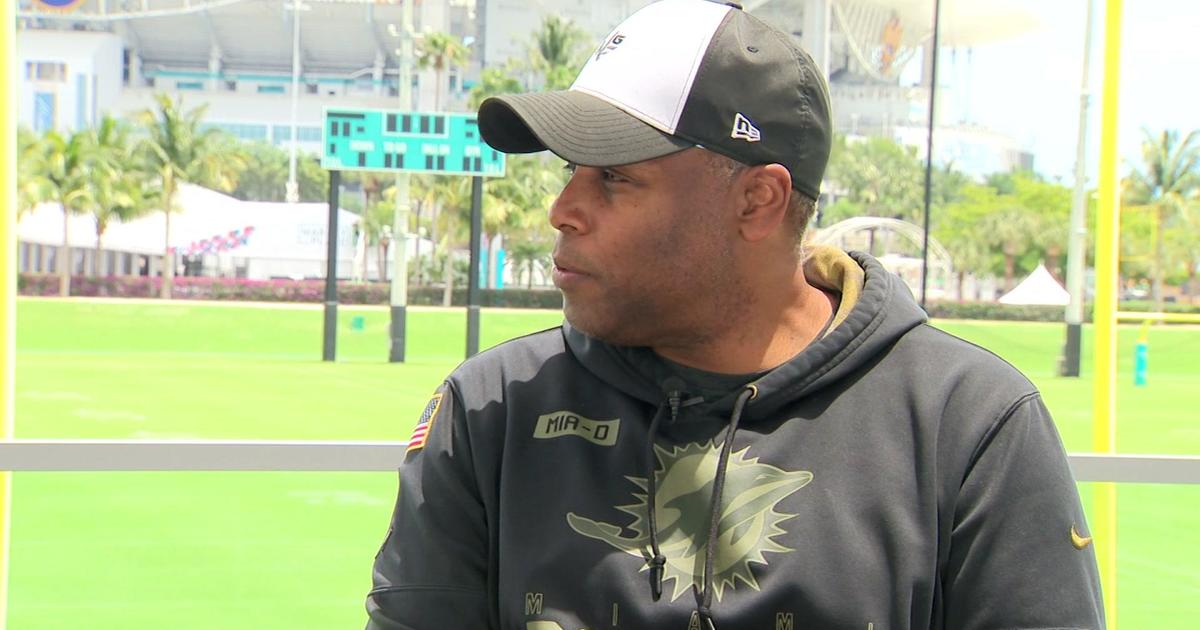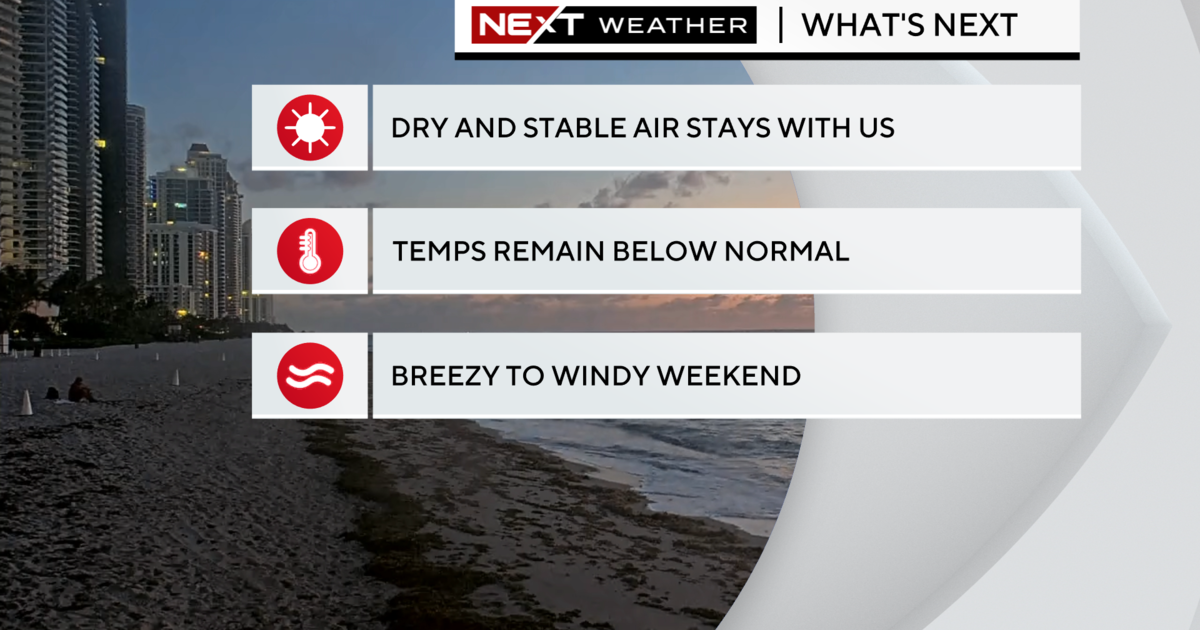Customers Likely To Pay For JP Morgan Chase's Bad Bets
MIAMI (CBSMiami) – JP Morgan Chase bank rocked Wall Street to its core late Thursday and into Friday after the nation's largest bank announced it had lost $2 billion in trades over the past six weeks and could face an additional $1 billion of losses due to risky bets that blew up.
JP Morgan Chase's losses came from the highly speculative and very risky derivatives market. Those were the same type of investments that caused the financial meltdown in 2008, triggering the Great Recession the world still hasn't been able to shake.
The massive loss provoked discussion in Washington and on Wall Street over whether the very industry that had to be bailed out by taxpayers during the waning months of the Bush administration was back to taking unnecessary risks with the money of the taxpayers.
The Securities and Exchange Commission opened up an investigation into the loss immediately.
It also sparked more discussion about the Volcker Rule, which prohibits big banks from taking large risks, and brought back the discussion of a need to further regulate Wall Street.
JP Morgan Chase CEO Jamie Dimon has led the charge against any regulation of Wall Street, consistently arguing the bankers can regulate themselves.
The losses were traced to a trader in London nicknamed the "London Whale." The Whale managed the bets from the company's office in London.
Former Clinton administration Secretary of Labor Robert Reich said in an op-ed for the Christian Science Monitor, "JP Morgan's exposure is so large that it can't dump these bad bets without affecting the market and losing even more money."
In Friday trading, JP Morgan's stock was hammered, losing nearly 10 percent of its value. Other large banks were similarly shelled as JP Morgan was the supposed leader of the banking industry.
The biggest question is what do the bank's massive losses mean to its customers?
Maria Ferreia of Dade Federal Credit Union said banks usually only have one way to make up for their losses.
"They will have to make it up," Ferreia said. "And more than likely, there will be fees and charges passed down to customers. So consumers will feel it in terms of extra charges and costs down the road ultimately."
Dimon, JP's CEO, was paid $41.99 million last year and has made $140.92 million over the last five years, according to Forbes.com.



